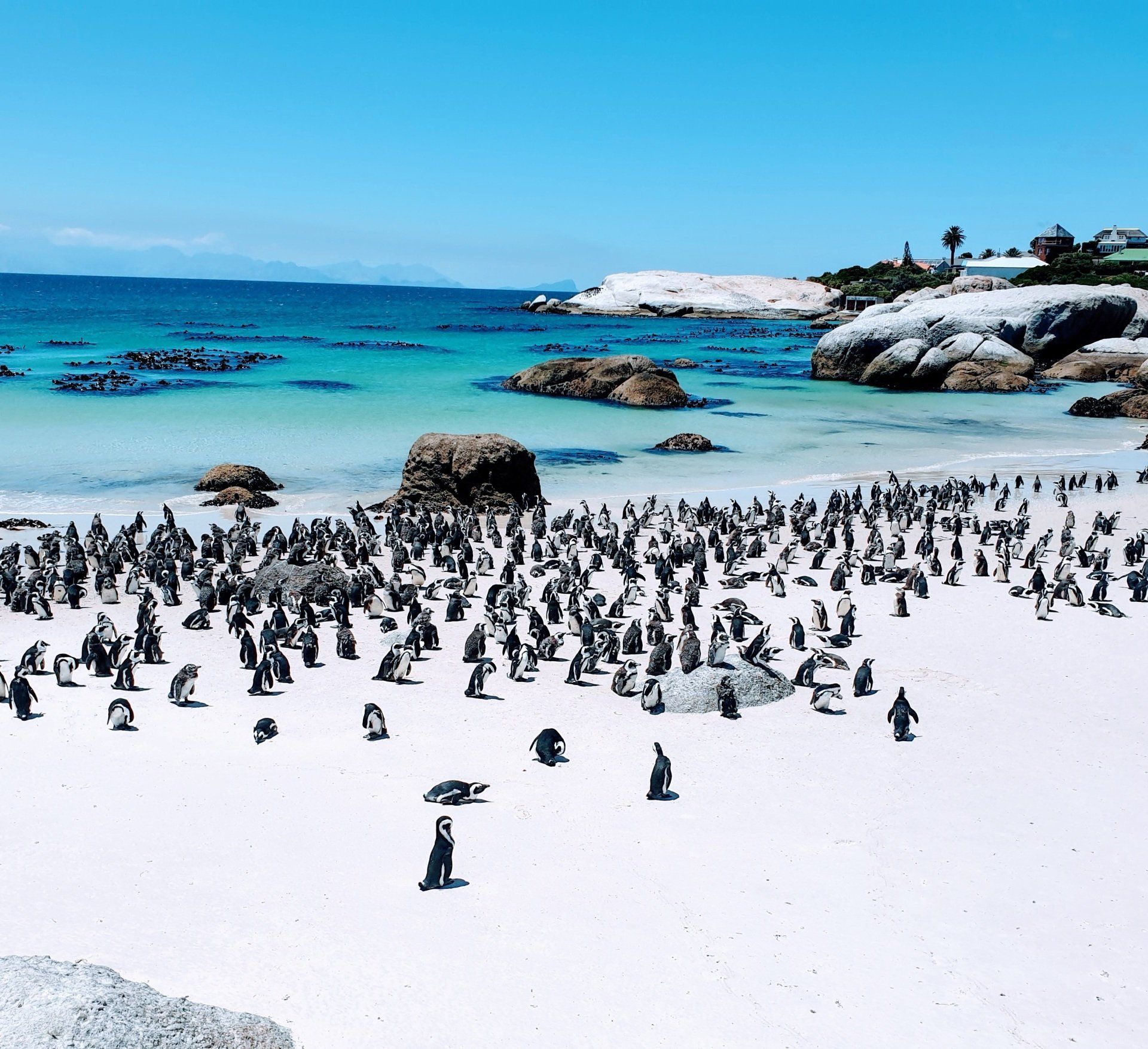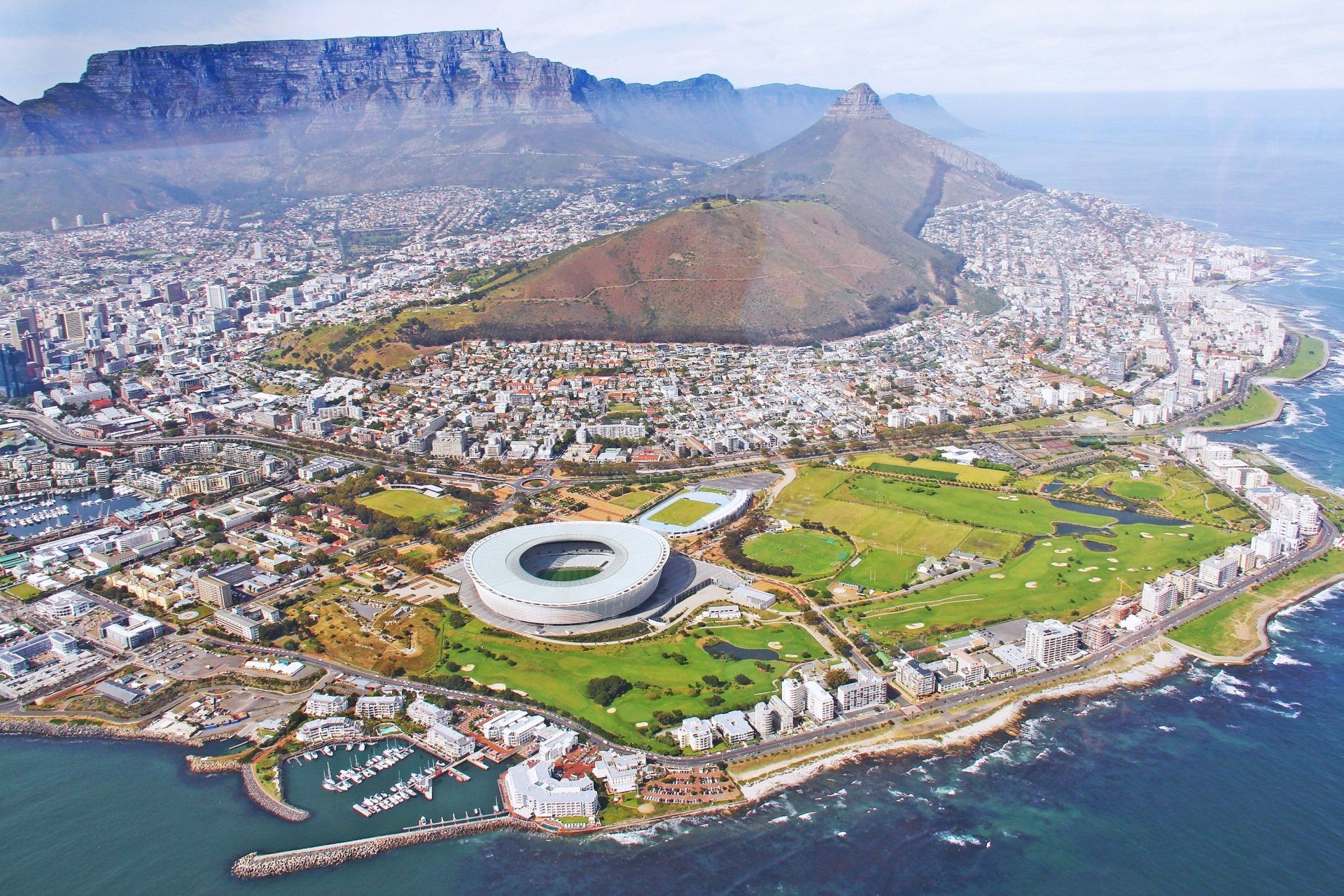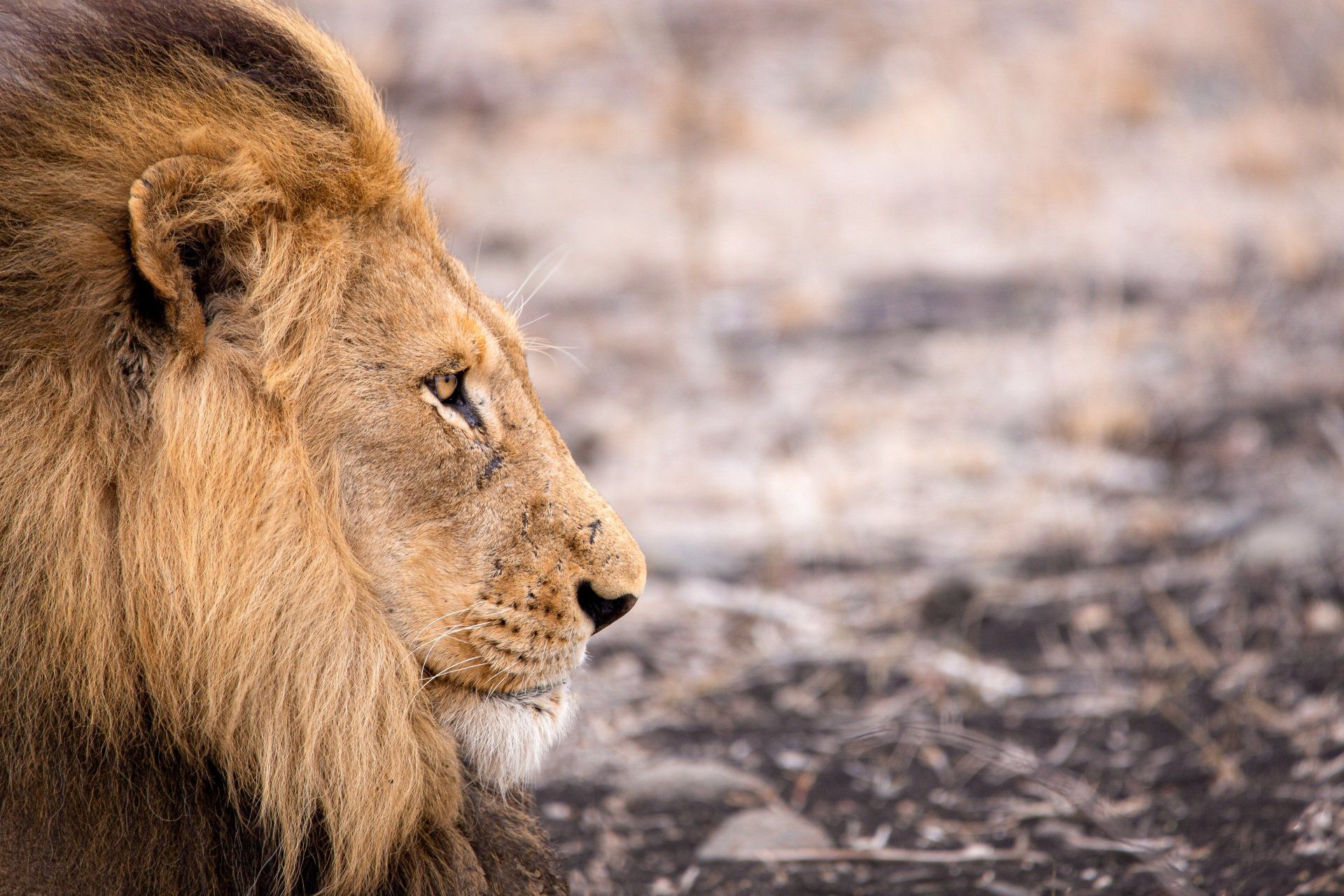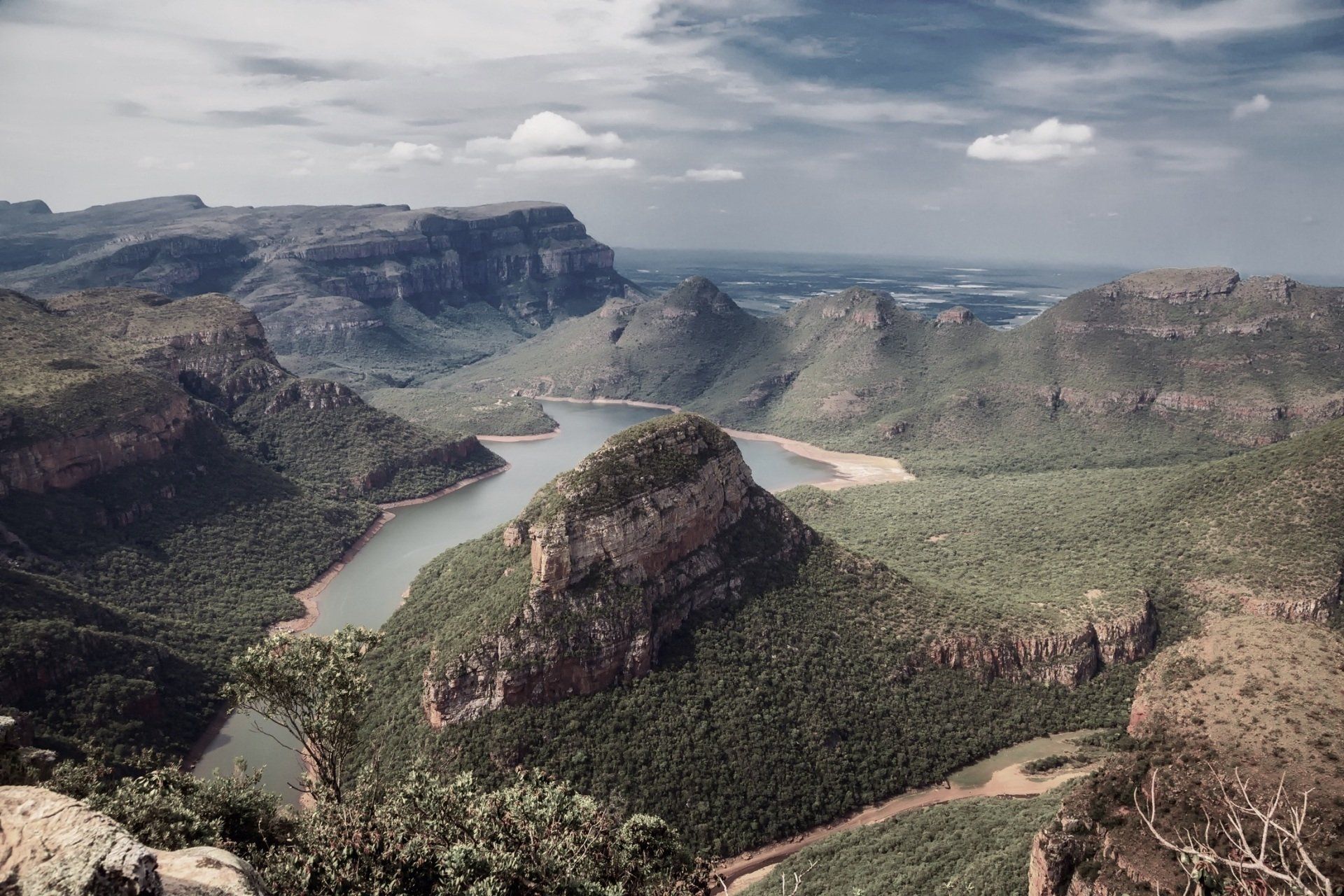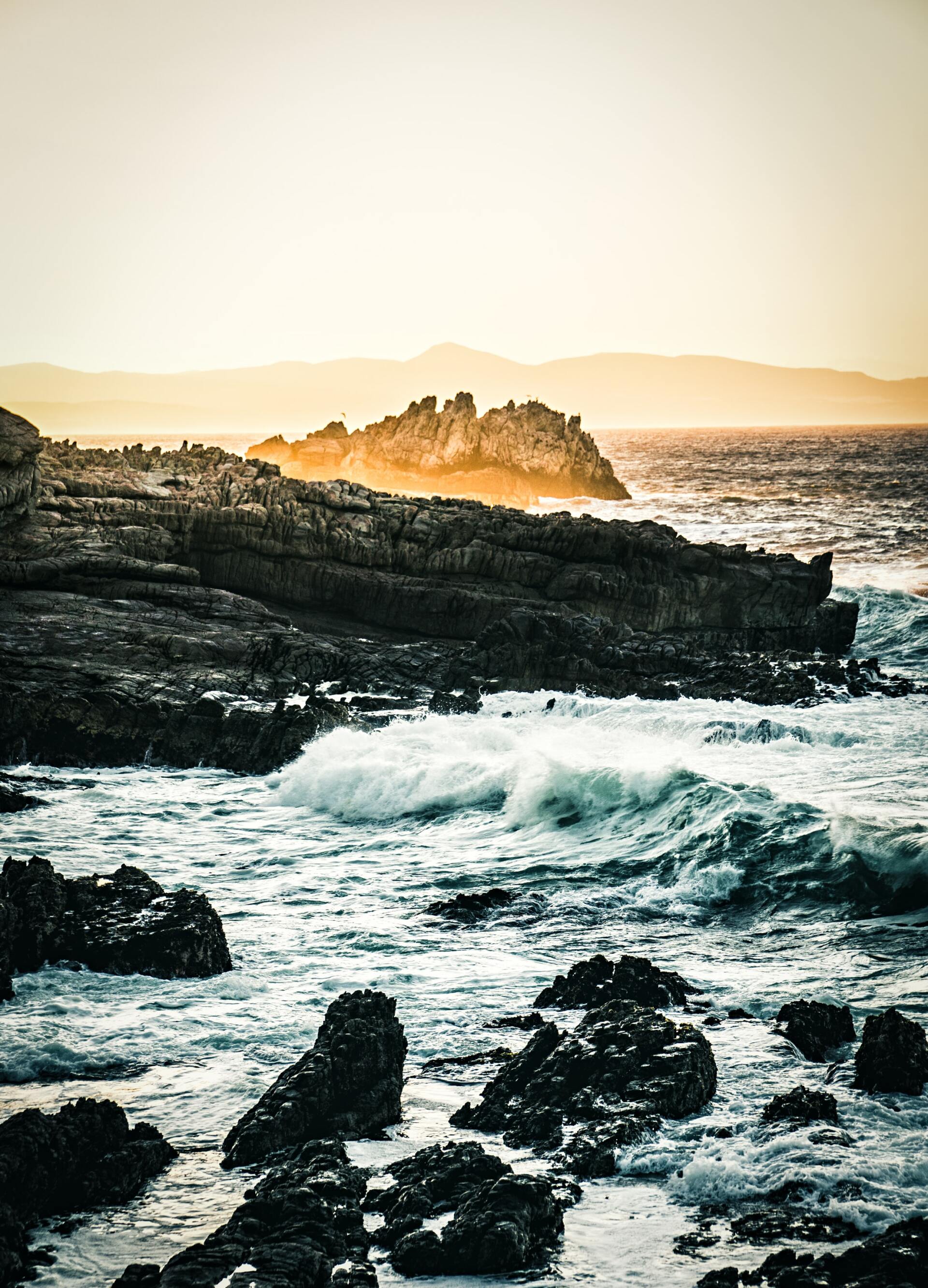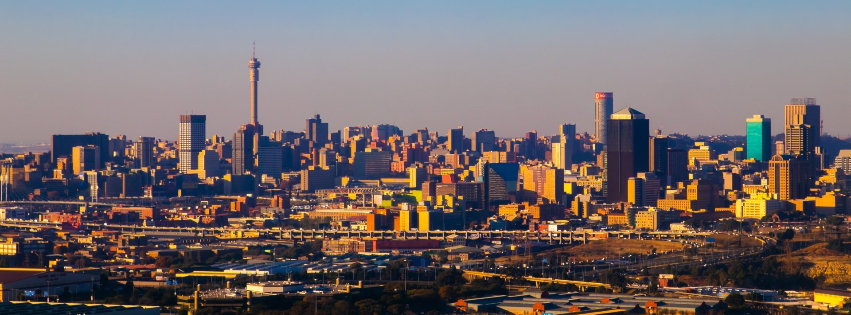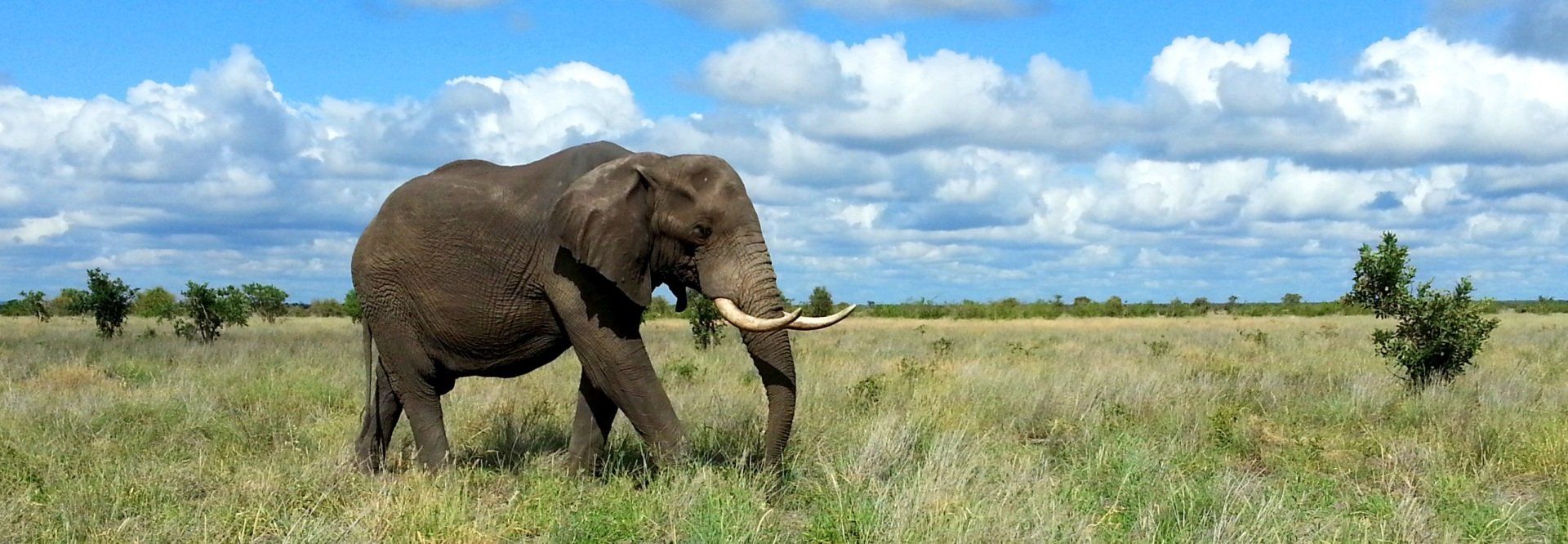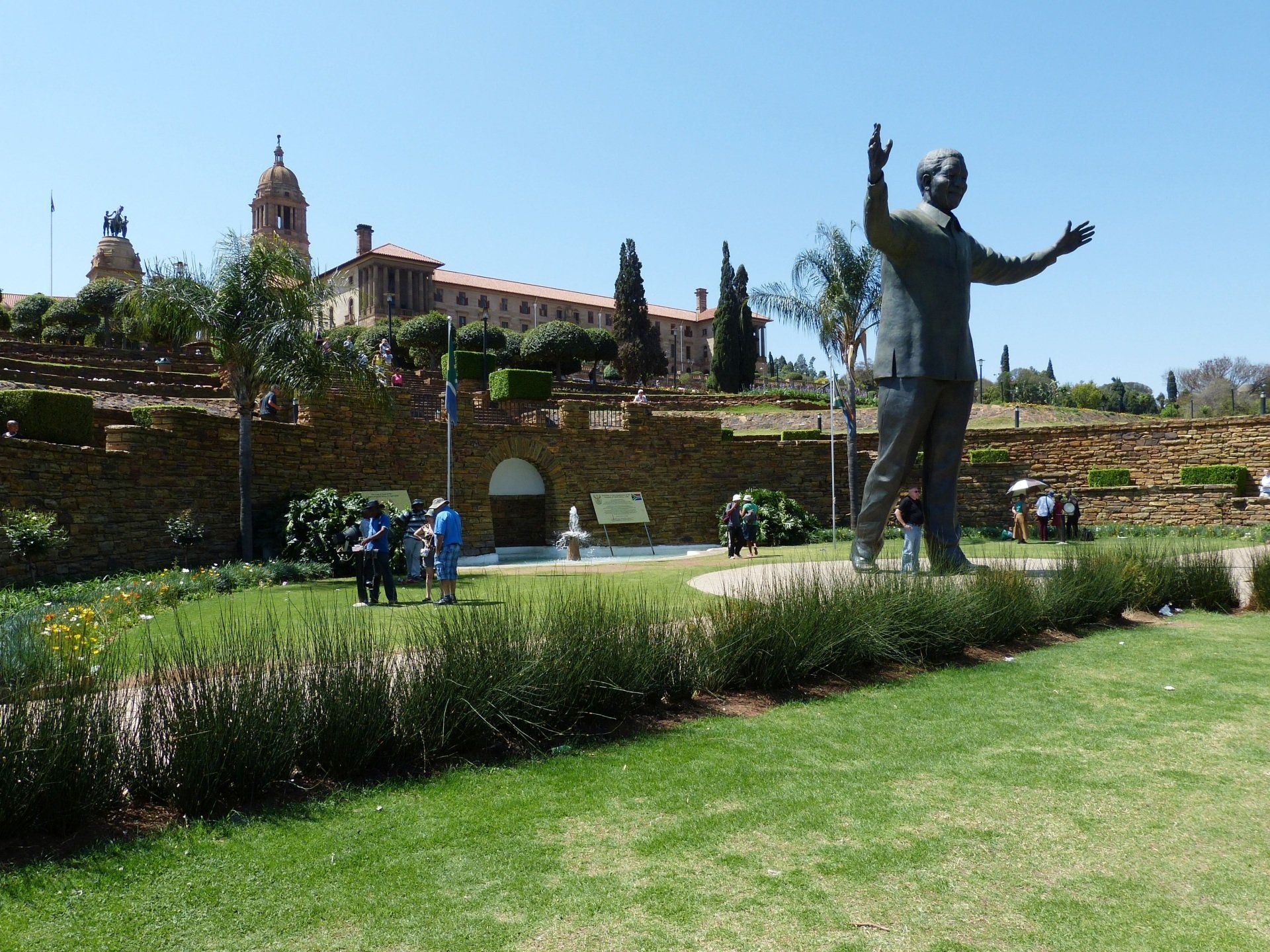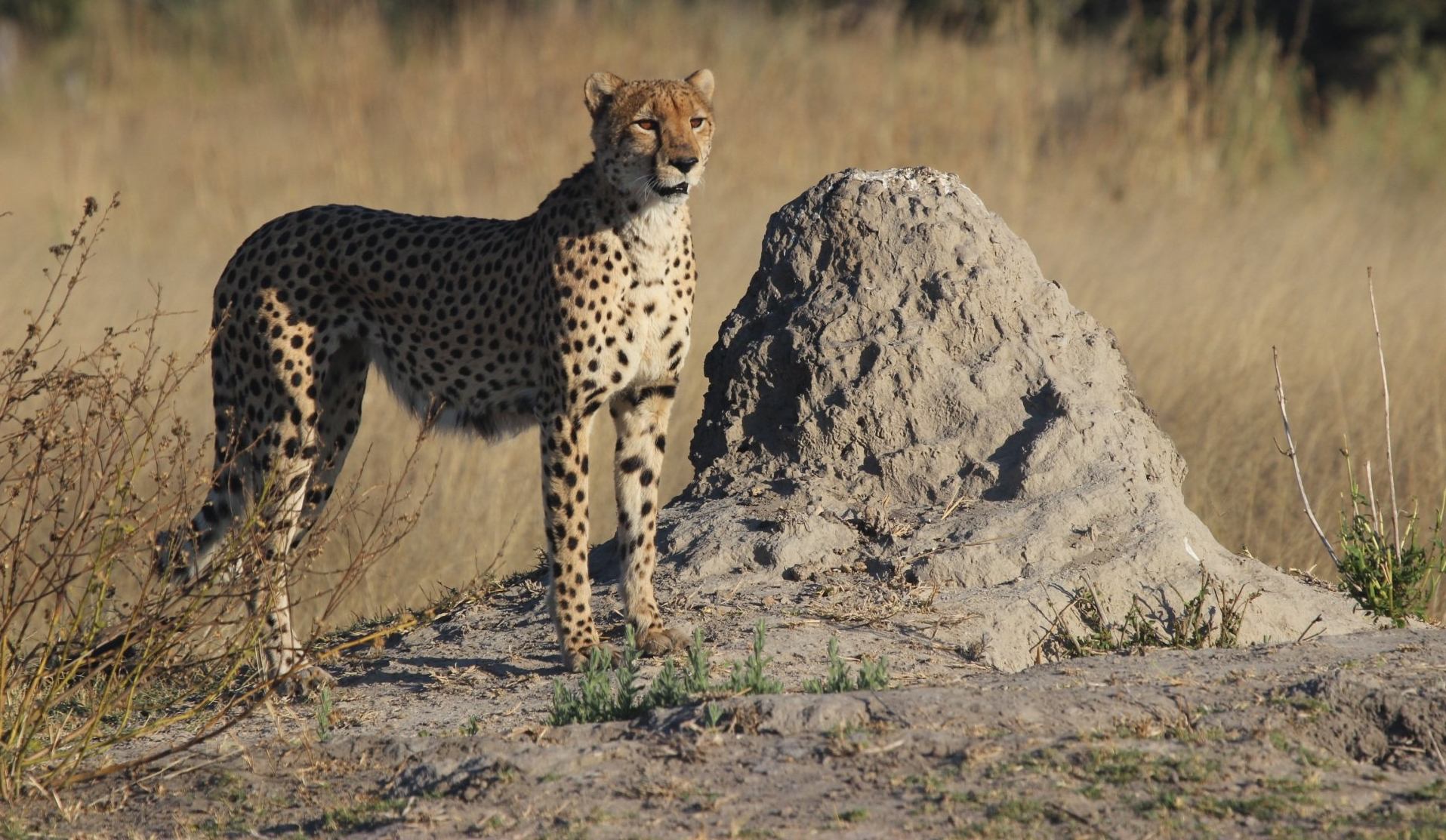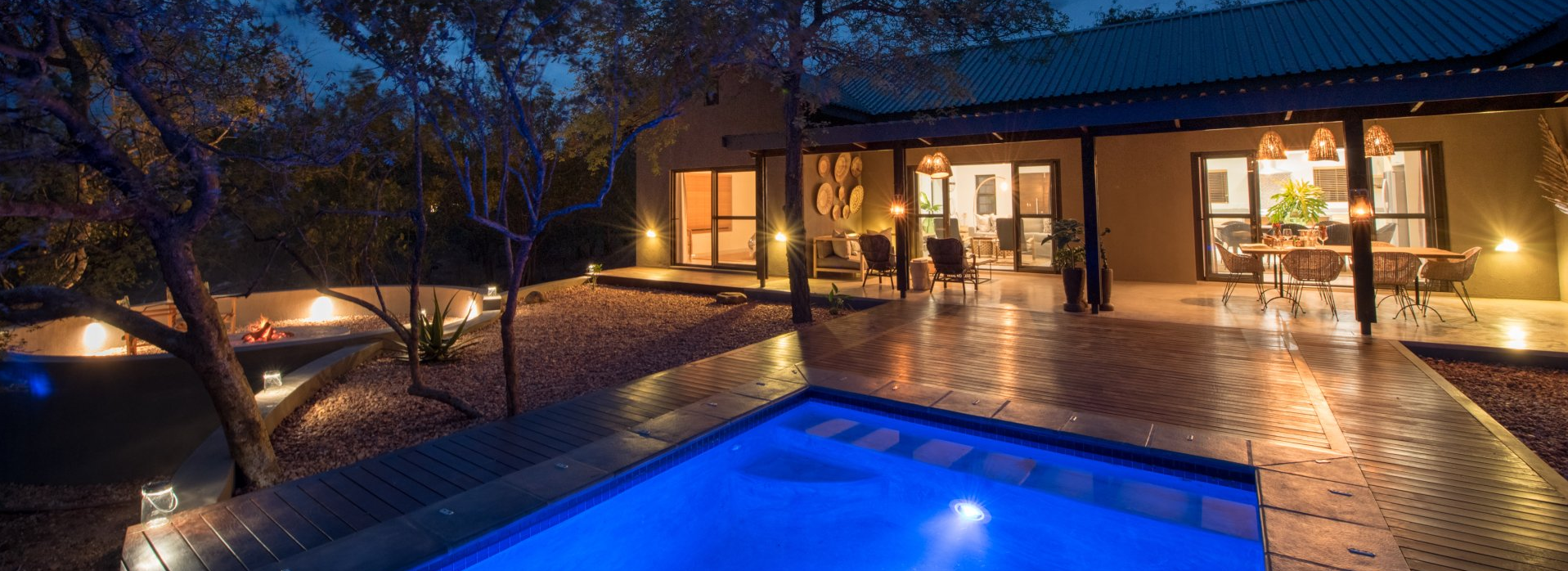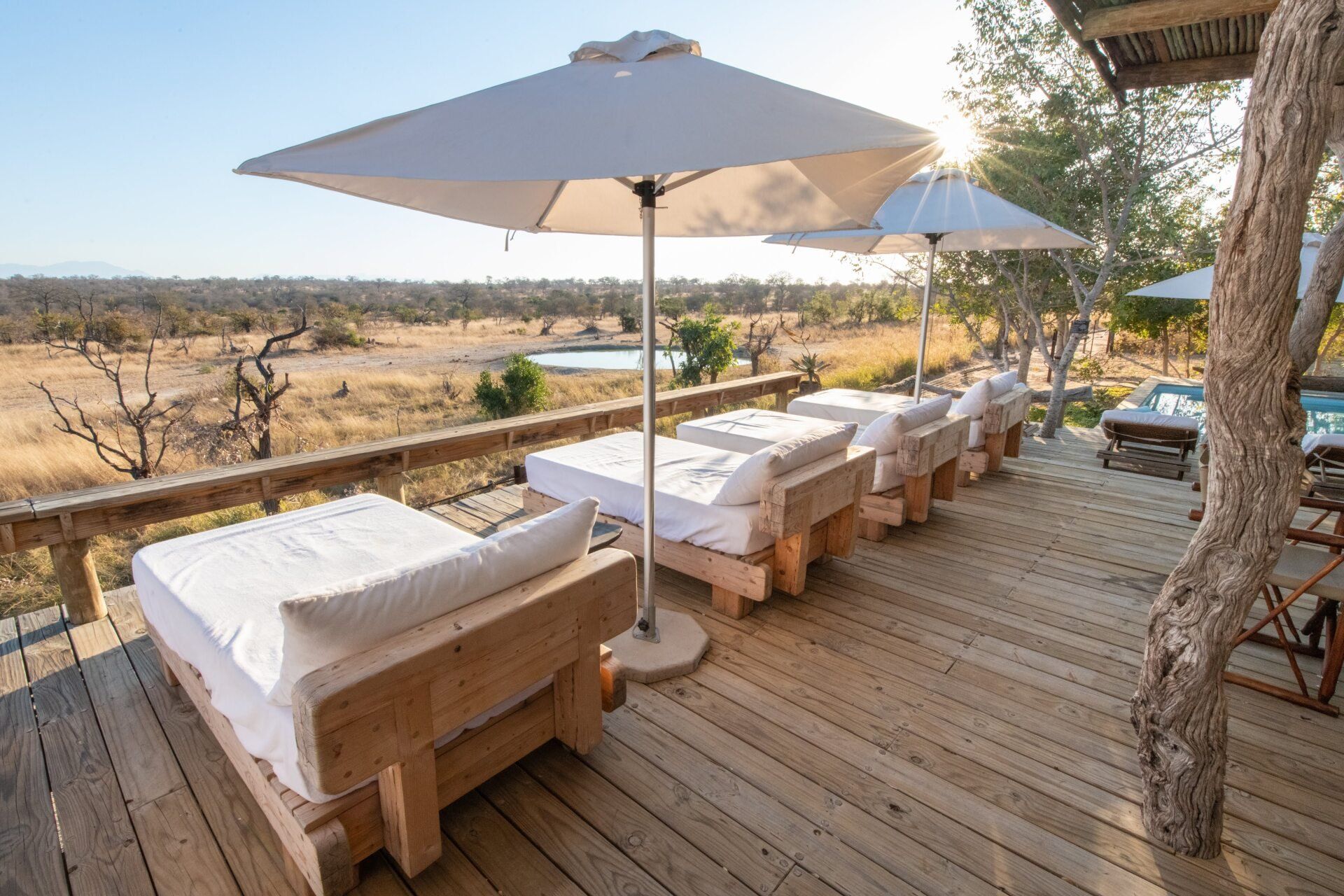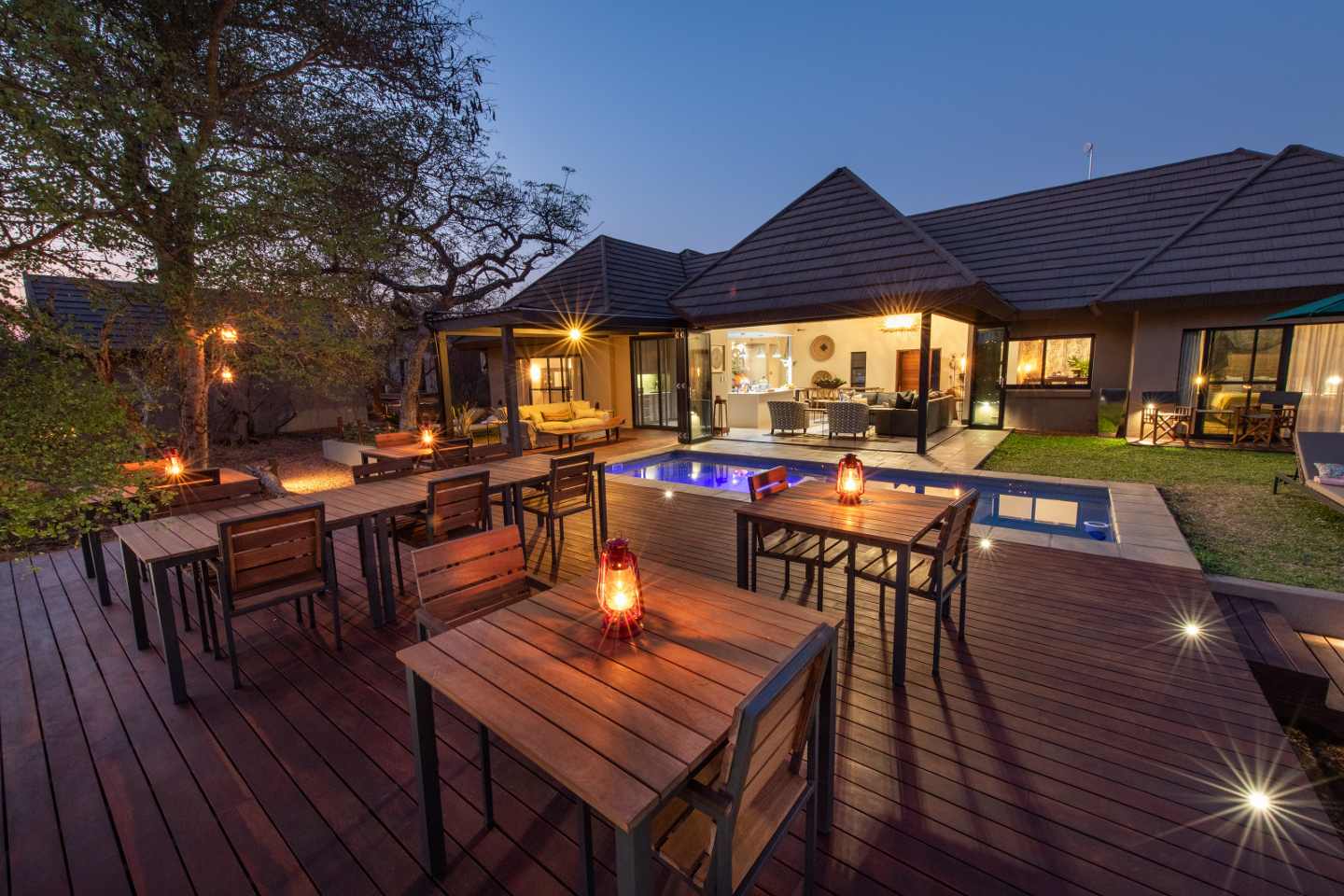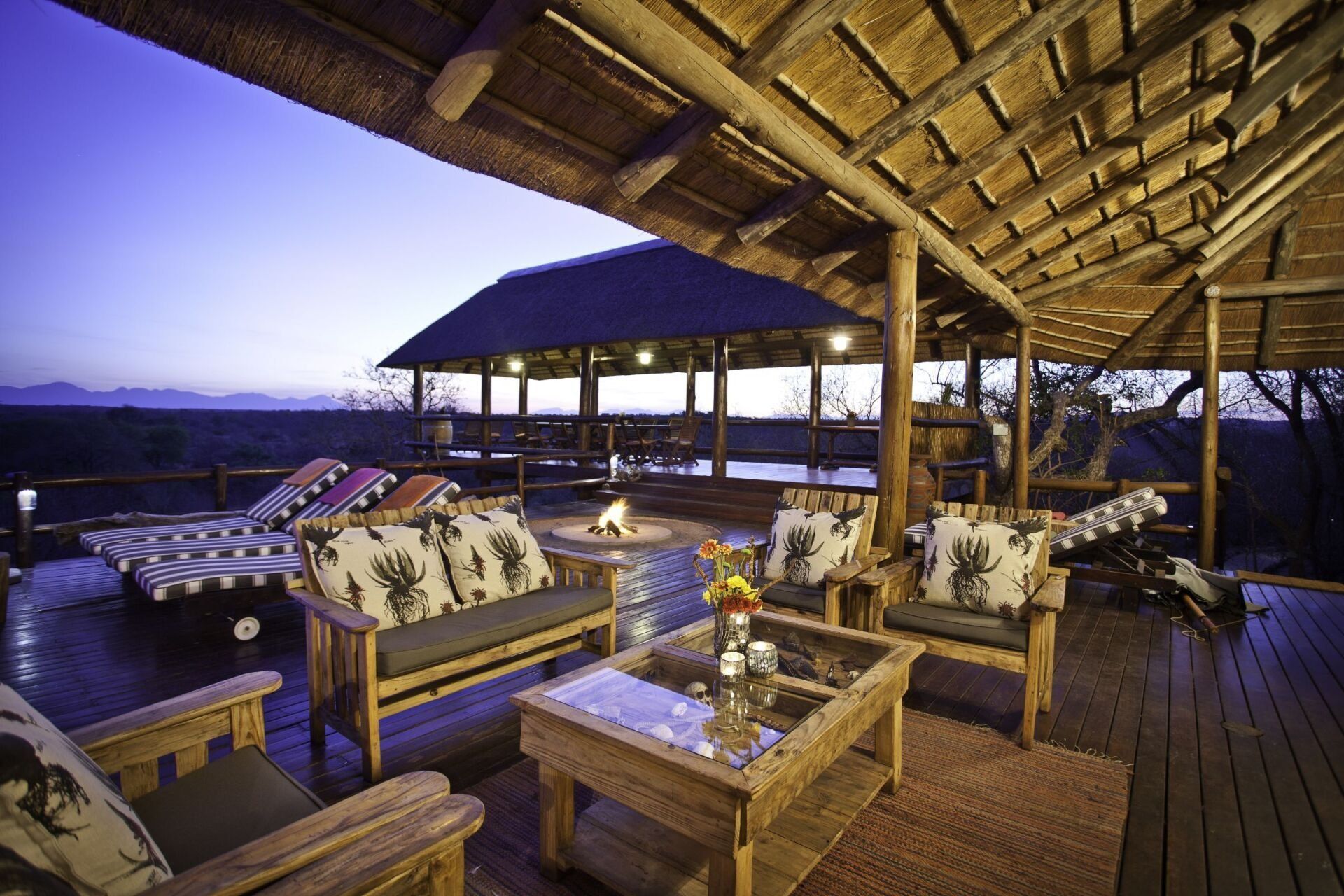South Africa
Welcome to sunny South Africa!
Also known as the "Rainbow Nation" or "Mzansi," South Africa offers a veritable kaleidoscope of colour and culture from tip to tail and shore to shore. With 11 official languages, nine provinces and biodiversity beyond compare, this really is the world in one country!
South Africa managed to emerge from the dark days of Apartheid with a sparkling sense of humour and a "can do" attitude which makes it a wonderful destination for visitors from all over the world who inevitably fall in love with the country and her wonderful citizens!
Packed with incredible places to visit, from the soaring peaks of the Drakensberg and the lush vineyards of the Western Cape to the big skies of the Karoo and the bustling energy of Soweto, South Africa is overflowing with fascinating history, incomparable natural beauty, fantastic wildlife and vibrant people.
There's first-class infrastructure and facilities in all of the major towns and cities and many of the high-street brands you'll see at home and around the world. The restaurants and night life are legendary, and the urban vibe is great! Away from the big cities are smaller towns (known locally as "dorps" or "dorpies") that may lack the global brands but that nonetheless offer visitors an amazingly authentic South African experience.
South Africa's landscapes are vast and second-to-none, boasting some of the best Big Five wildlife viewing opportunities in Africa. The currency is the South African Rand (ZAR) and if you are coming from the US or Europe it will go a long way - value for money is the country's unofficial middle name!
When it comes to history, South Africa's is filled with excitement, tragedy, controversy, hope and triumph over adversity - all of which have helped to mould it into a world-class and very cosmopolitan tourism destination.
From mankind's earliest beginnings to colonisation, the horrors of Apartheid and an inspirational journey to democracy, this colourful back story is complemented by "must see" destinations, "must do" activities and "must feel" experiences that add up to make South Africa one of the most distinctive and special nations in Africa, if not the world.
Most of all, a trip to South African is about having fun, immersing yourself in the rich and varied culture of her iconic cities and townships, exploring the legendary game reserves that are regarded as some of the best in the world and enjoying the warm hospitality of her people.
When it comes to food and drink, South Africa has something for every palate, from traditional tribal fare to sophisticated modern cuisine, topped off with some of the best wines the world has to offer. There's so much to enjoy here, you'll be spoilt for choice!
Why Go?
A trip to South Africa offers you probably the most well-rounded view of modern Africa it's possible to get. With bustling cities like Cape Town, Johannesburg and Durban you get the urban vibe that has helped to put the country on the world's tourism map. With superlative shopping, entertainment, restaurants and night-life on offer, South Africa's urban centres are an absolutely essential inclusion in any itinerary.
The country's natural beauty is beyond compare, whether it's the pristine wilderness of the world-renowned Kruger National Park, the awe-inspiring majesty of the world's third-largest green canyon - the Blyde River Canyon - or the dramatic mountains of the Cape Peninsula. Add to this some of the best Blue Flag beaches in the world along a coastline that takes in both the Atlantic and Indian oceans and a sub-tropical climate that's perfect for exploration and you begin to understand why tours of South Africa top the bucket list of travellers the world over.
You can enjoy some of the finest wines the world has to offer, grown in beautiful and historic vineyards throughout the Western Cape, indulge in tastings of amazing craft gins and sample traditional umqombothi - a beer made from maize and sorghum and served in shebeens across the country. And you can eat at Michelin-starred restaurants, en-vogue bistros and stylish cafés or try out the local township's shisa nyama. Dine on the beach, under the stars, in the bush or in the inner city - the options are endless!
Listen to local jazz, learn how to drum, do the Jerusalema or sit back under the Milky Way in the heart of the African bush and hear lions roaring and the soulful, haunting call of the spotted hyena... South Africa has it all and it's all waiting for you!
South Africa - Want to find out more?
Where To Go
Map
Make use of our convenient and interactive map to explore the suggested hotspots and highlights for your Best African Safaris tour of South Africa!



